"Correlation isn't Causation" - A causal explainer - Causal Analysis Simplified
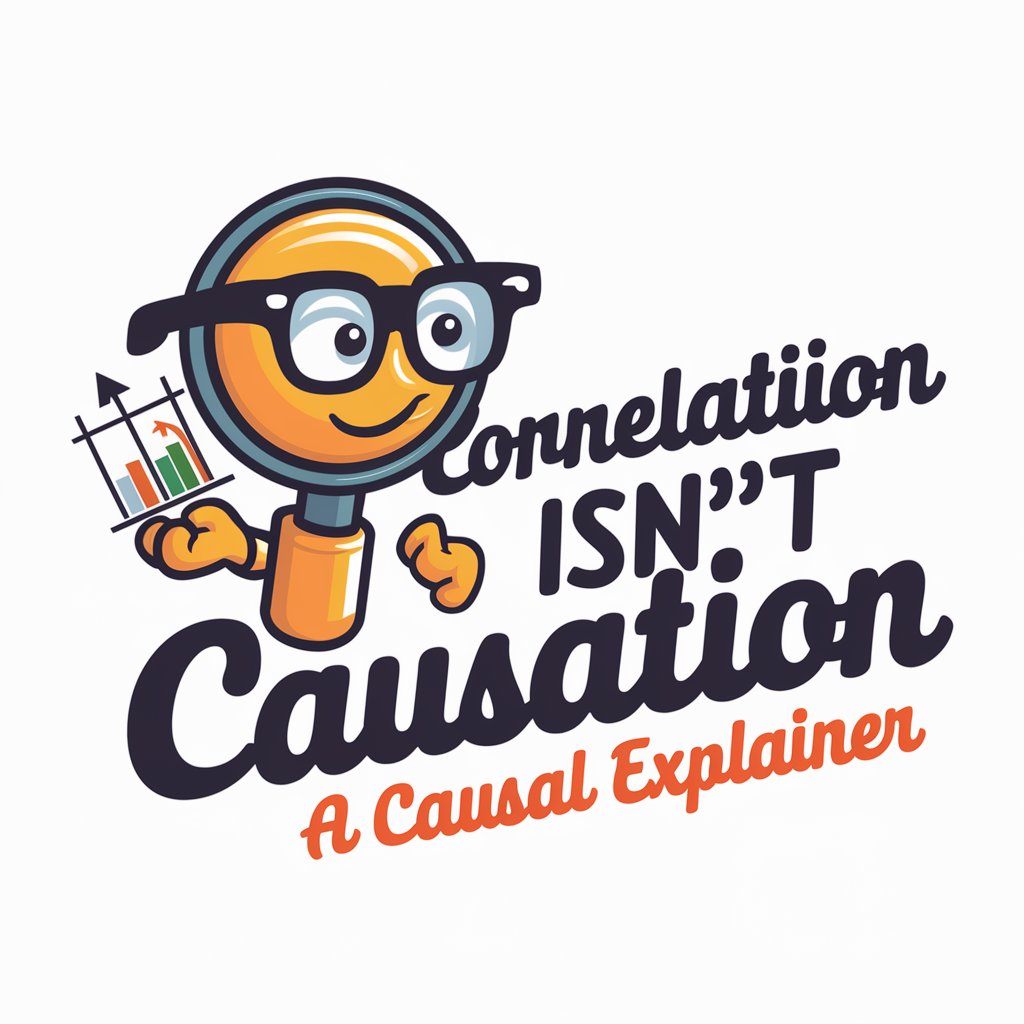
Hey there! Ready to debunk some causal claims?
Demystifying causality with AI power
Got a paper you want to dissect for causation claims?
Ever wonder if that study's conclusion is actually causal?
Let's dive into your favorite research paper and separate correlation from causation!
Curious if that academic argument really holds up? Let's analyze it together!
Get Embed Code
Understanding 'Correlation isn't Causation' - A Causal Explainer
At the heart of 'Correlation isn't Causation' - A Causal Explainer, lies a dedication to demystifying the complex relationship between correlation and causation, particularly in academic research. Designed to serve as a bridge between statistical concepts and practical understanding, this explainer thrives on simplifying the nuanced distinction between two variables moving together (correlation) and one variable causing the other to move (causation). Imagine observing that ice cream sales and shark attacks increase simultaneously during summer months. A naive interpretation might suggest that ice cream consumption leads to shark attacks. However, this explainer would help you understand that both are correlated because of a third factor (summer weather) without a direct causal link between them. Powered by ChatGPT-4o。

Core Functions of 'Correlation isn't Causation' - A Causal Explainer
Causal Analysis Interpretation
Example
Analyzing studies to distinguish between correlation and causation. For instance, if a study finds a link between coffee consumption and increased productivity, this explainer can assess whether the study design allows for causal conclusions or merely shows an association.
Scenario
A user presents a paper claiming that coffee consumption causes increased productivity. This explainer would examine the study's methodology, such as randomized control trials or regression discontinuity designs, to evaluate the validity of the causal claim.
Educational Explanations
Example
Providing intuitive explanations and analogies to clarify statistical concepts. An example would be explaining the concept of confounding variables using the ice cream and shark attacks scenario, demonstrating how external factors can create an illusion of causation.
Scenario
A student struggling to understand why correlation does not imply causation. Through analogies and simple examples, the explainer makes these concepts accessible, enhancing the student's comprehension of statistical reasoning.
Real-World Application Guidance
Example
Advising on the application of causal inference principles in real-world research. For example, guiding a public health researcher on how to design a study to explore the causal impact of a new diet on blood pressure.
Scenario
A researcher aims to determine whether a new diet causes a reduction in blood pressure. The explainer would suggest appropriate methodologies, such as randomized control trials or natural experiments, to ensure the research design can support causal conclusions.
Ideal Users of 'Correlation isn't Causation' - A Causal Explainer Services
Academic Researchers
Researchers engaged in fields requiring rigorous analysis of cause and effect, such as economics, psychology, or health sciences. They benefit from understanding how to design studies that can validly infer causation from correlation, enhancing the credibility and impact of their findings.
Students and Educators
Students learning statistics or research methods, and educators teaching these subjects. This explainer serves as a supplementary tool, providing clear, accessible explanations that help demystify complex statistical concepts, thereby fostering a deeper understanding.
Policy Makers and Analysts
Individuals involved in policy development and analysis, who need to base decisions on solid causal evidence. Understanding the distinction between correlation and causation is crucial for formulating policies that are effective and grounded in reliable research findings.

How to Use 'Correlation isn't Causation' - A Causal Explainer
Start Your Journey
Head over to yeschat.ai for a hassle-free trial, no account creation or ChatGPT Plus subscription required.
Identify Your Query
Prepare the academic paper or the specific claim you're curious about. Knowing exactly what you need help with will streamline the process.
Engage with the Tool
Present your query or the name of the academic paper. Be as detailed as possible to ensure a thorough analysis.
Interact and Learn
Engage with the provided explanations and examples. Feel free to ask follow-up questions to deepen your understanding of causal relationships.
Apply Your Knowledge
Use the insights gained to critically evaluate claims in your academic work or research, applying a causal lens to analyze relationships accurately.
Try other advanced and practical GPTs
PromptCraft Pro
Craft Perfect Prompts, Power Your AI
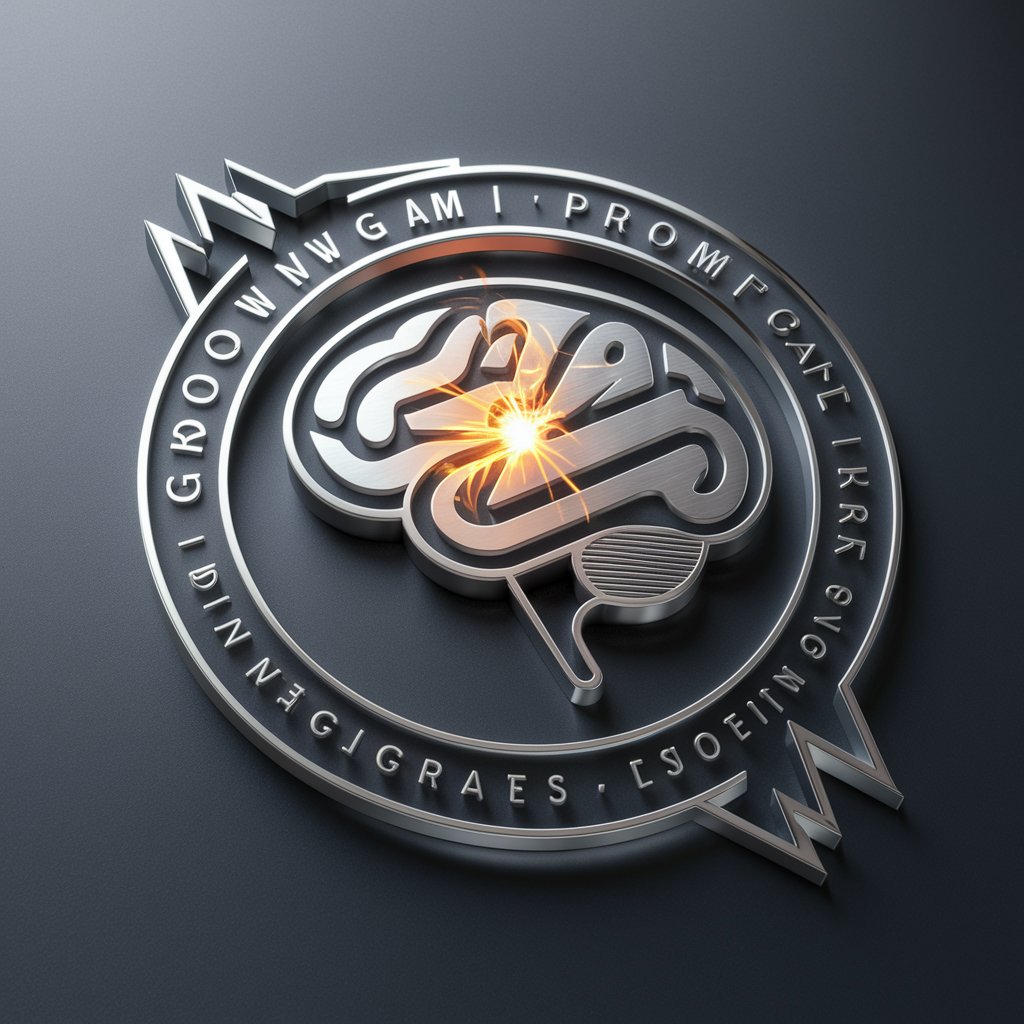
Donnie
Flirtatious insight with a corporate twist.

Visionary Tales
Crafting Future Narratives with AI

الله
Divine wisdom at your fingertips.

Affirmation Station
Empowering Your Journey with AI-Crafted Positivity
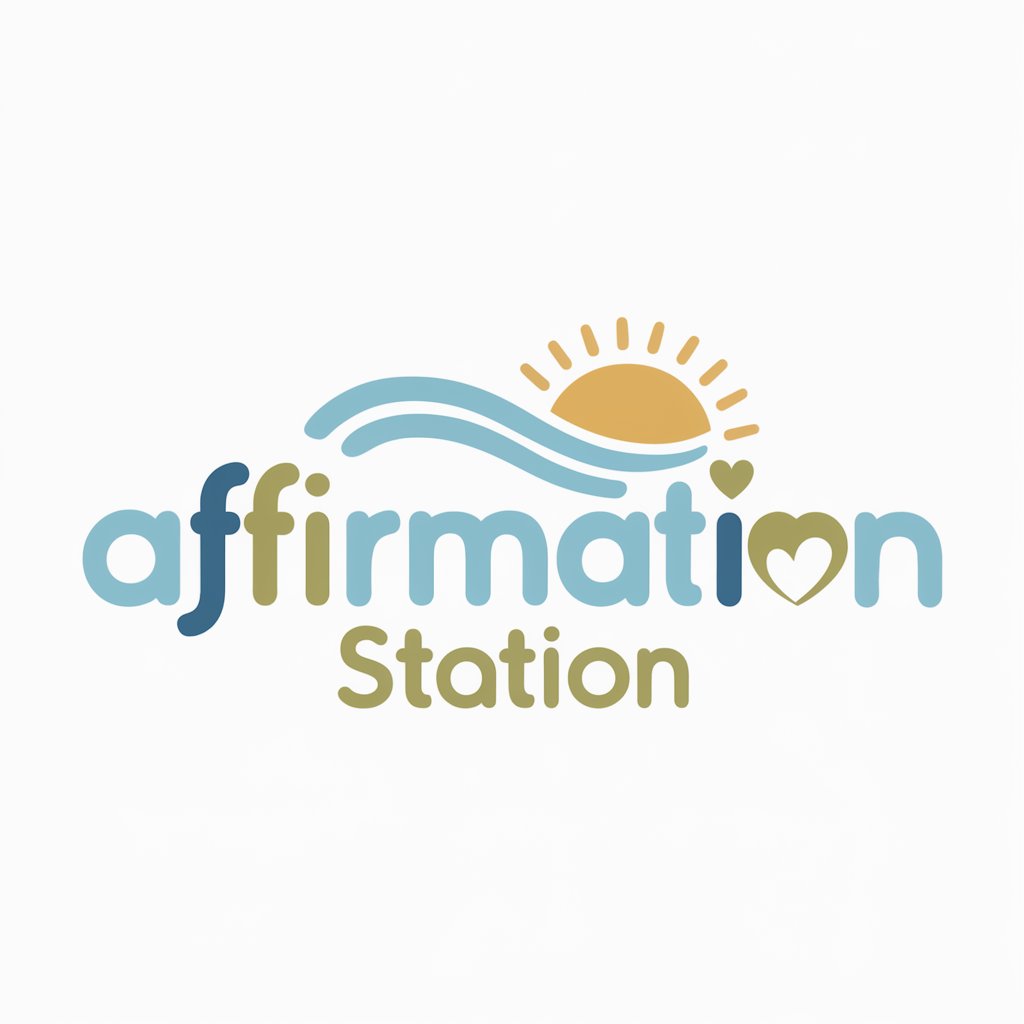
Dan Peña Inspired
Empower Your Ambitions with AI

Positive News Messenger
Spreading positivity with AI-powered news curation
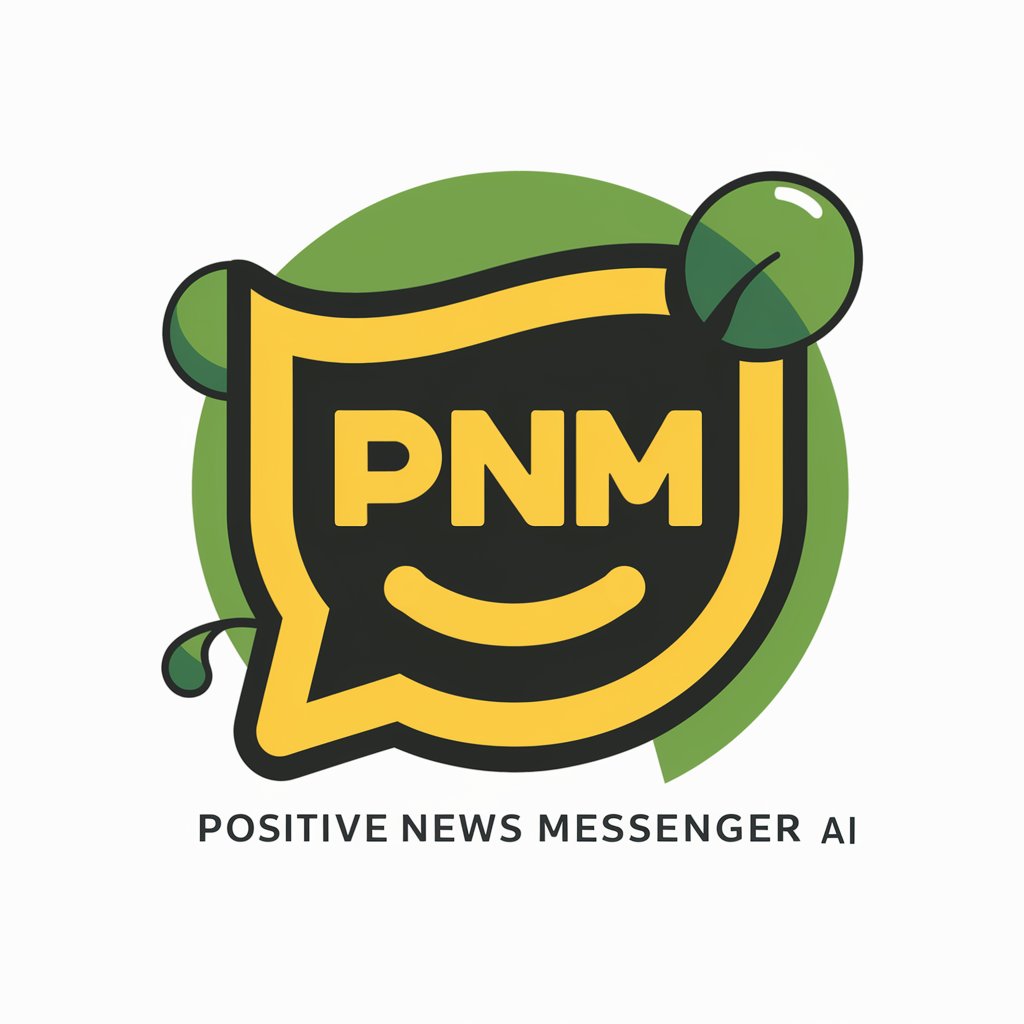
空き家の問題解決
AI-driven advice for vacant property challenges

Asesor EconoPlay
Designing Joyful Futures, Sustainably Powered
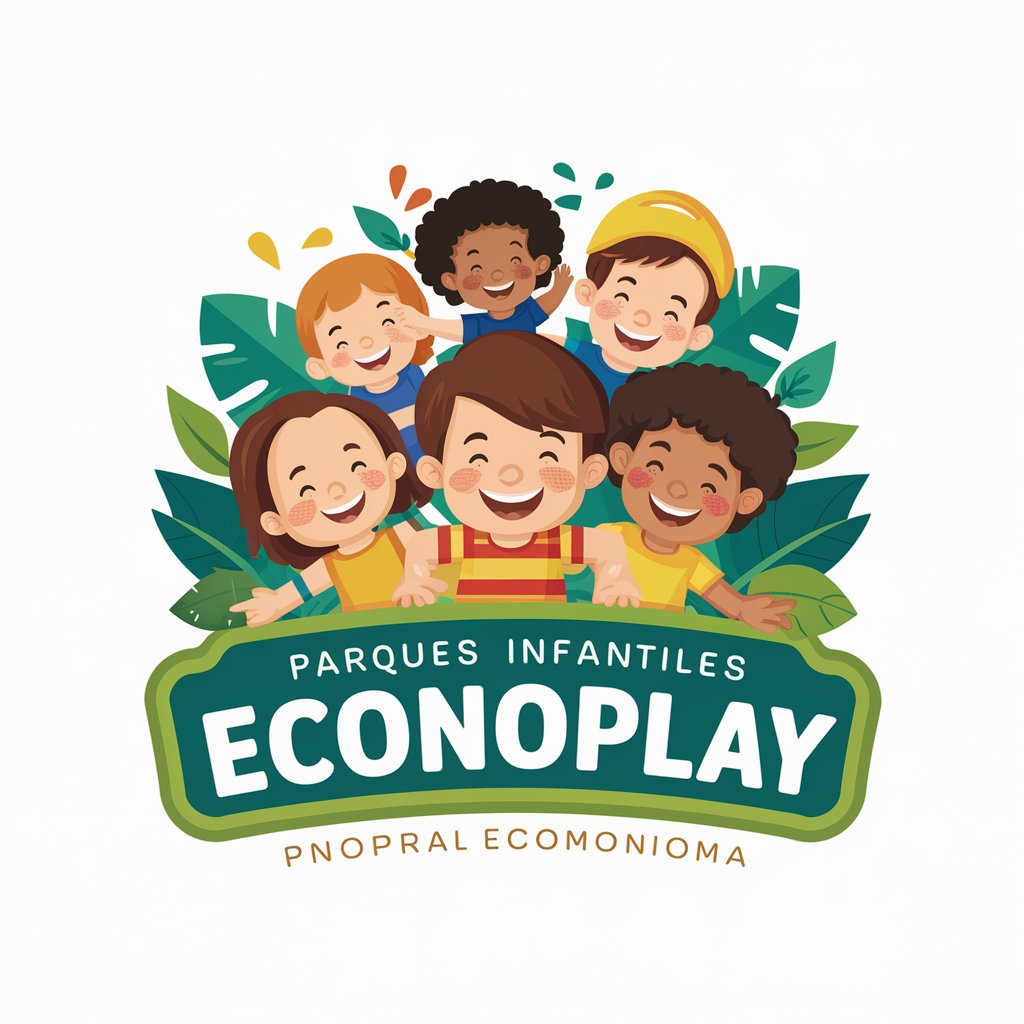
Thumbnails
Craft Stunning Visuals with AI

CRE Matchmaker Pro
AI-Powered Commercial Real Estate Matchmaking

Lisa
Empower creativity with AI-driven insights
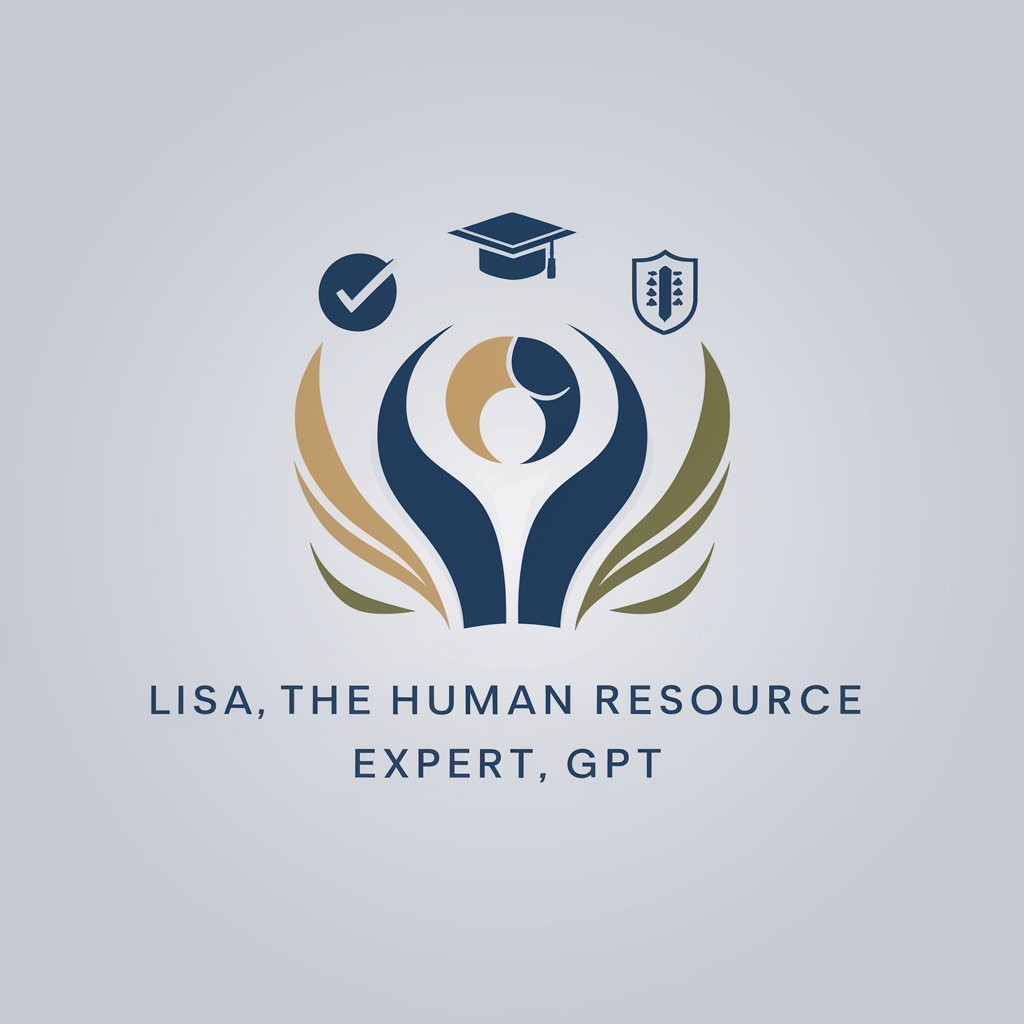
Q&A about 'Correlation isn't Causation' - A Causal Explainer
What exactly does 'Correlation isn't Causation' - A Causal Explainer do?
This tool helps users understand and distinguish between correlation and causation in academic papers or claims, using layman-friendly explanations and analogies.
How can I tell if a paper's claims are causally valid?
Submit the paper or claim to the tool. It analyzes the methodology and evidence presented, explaining how they support or fail to support a causal relationship.
Can 'Correlation isn't Causation' help with my own research?
Absolutely! You can use it to evaluate the strength of your own research findings or to refine your methodology to better support causal claims.
Is statistical knowledge required to use this tool effectively?
No, the tool is designed to make causal analysis accessible without the need for advanced statistical knowledge, explaining concepts in simple terms.
Can this tool help me improve my academic writing?
Yes, by helping you understand and accurately convey causal relationships, it can significantly enhance the clarity and credibility of your academic writing.
